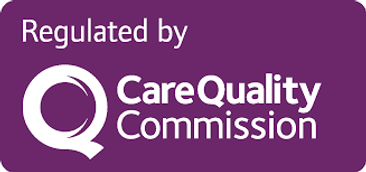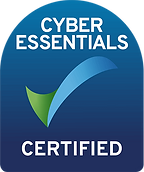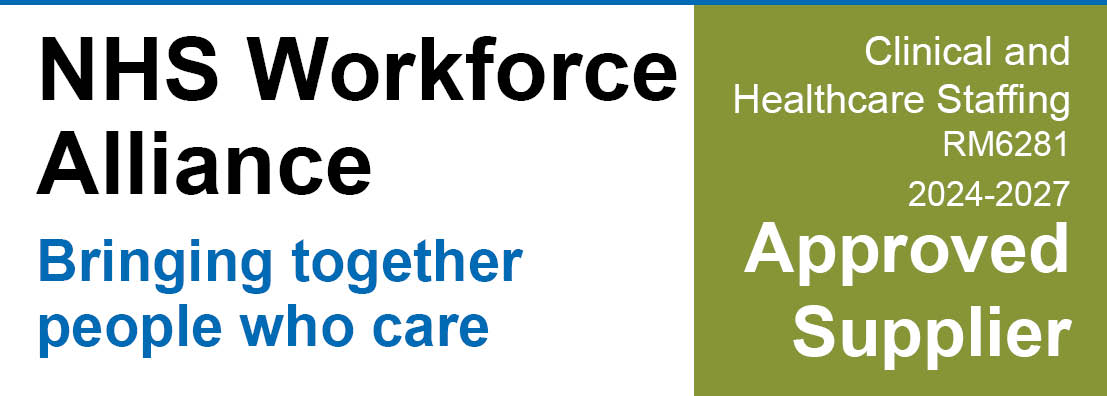1. Slavery, servitude and forced or compulsory labour
(1) A person commits an offence if:
(a) the person holds another person in slavery or servitude and the circumstances are such that the person knows or ought to know that the other person is held in slavery or servitude, or
(b) the person requires another person to perform forced or compulsory labour and the circumstances are such that the person knows or ought to know that the other person is being required to perform forced or compulsory labour.
(2) In subsection (1) the references to holding a person in slavery or servitude or requiring a person to perform forced or compulsory labour are to be construed in accordance with Article 4 of the Human Rights Convention.
(3) In determining whether a person is being held in slavery or servitude or required to perform forced or compulsory labour, regard may be had to all the circumstances.
(4) For example, regard may be had—
(a) to any of the person’s personal circumstances (such as the person being a child, the person’s family relationships, and any mental or physical illness) which may make the person more vulnerable than other persons;
(b) to any work or services provided by the person, including work or services provided in circumstances which constitute exploitation within section 3(3) to (6).
(5) The consent of a person (whether an adult or a child) to any of the acts alleged to constitute holding the person in slavery or servitude, or requiring the person to perform forced or compulsory labour, does not preclude a determination that the person is being held in slavery or servitude, or required to perform forced or compulsory labour.
2. Human trafficking
(1) A person commits an offence if the person arranges or facilitates the travel of another person (“V”) with a view to V being exploited.
(2) It is irrelevant whether V consents to the travel (whether V is an adult or a child).
(3) A person may in particular arrange or facilitate V’s travel by recruiting V, transporting or transferring V, harbouring or receiving V, or transferring or exchanging control over V.
(4) A person arranges or facilitates V’s travel with a view to V being exploited only if—
(a) the person intends to exploit V (in any part of the world) during or after the travel, or
(b) the person knows or ought to know that another person is likely to exploit V (in any part of the world) during or after the travel.
(5) “Travel” means—
(a) arriving in, or entering, any country,
(b) departing from any country,
(c) travelling within any country.
(6) A person who is a UK national commits an offence under this section regardless of—
(a) where the arranging or facilitating takes place, or
(b) where the travel takes place.
(7) A person who is not a UK national commits an offence under this section if—
(a) any part of the arranging or facilitating takes place in the United Kingdom, or
(b) the travel consists of arrival in or entry into, departure from, or travel within, the United Kingdom.
3. Meaning of Exploitation
(1) For the purposes of section 2 a person is exploited only if one or more of the following subsections apply in relation to the person.
Slavery, servitude and forced or compulsory labour
(2) The person is the victim of behaviour—
(a) which involves the commission of an offence under section 1, or
(b) which would involve the commission of an offence under that section if it took place in England and Wales.
Sexual exploitation
(3) Something is done to or in respect of the person—
(a) which involves the commission of an offence under—
(i) section 1(1)(a) of the Protection of Children Act 1978 (indecent photographs of children), or
(ii) Part 1 of the Sexual Offences Act 2003 (sexual offences), as it has effect in England and Wales, or
(b) which would involve the commission of such an offence if it were done in England and Wales.
Removal of organs etc
(4) The person is encouraged, required or expected to do anything—
(a) which involves the commission, by him or her or another person, of an offence under section 32 or 33 of the Human Tissue Act 2004 (prohibition of commercial dealings in organs and restrictions on use of live donors) as it has effect in England and Wales, or
(b) which would involve the commission of such an offence, by him or her or another person, if it were done in England and Wales.
Securing services etc by force, threats or deception
(5) The person is subjected to force, threats or deception designed to induce him or her—
(a) to provide services of any kind,
(b) to provide another person with benefits of any kind, or
(c) to enable another person to acquire benefits of any kind.
Securing services etc from children and vulnerable persons
(6) Another person uses or attempts to use the person for a purpose within paragraph (a), (b) or (c) of subsection (5), having chosen him or her for that purpose on the grounds that—
(a) he or she is a child, is mentally or physically ill or disabled, or has a family relationship with a particular person, and
(b) an adult, or a person without the illness, disability, or family relationship, would be likely to refuse to be used for that purpose.
This Policy Applies to:
This policy applies to all Pure Care Services employees and contractors.
Policy Principles
1.1 Pure Care Services is committed to eliminating modern slavery, human trafficking, forced labour and similar human rights abuses.
1.2 Pure Care Services is committed to ensuring that its staff and any workers it supplies (directly or indirectly) are not subject to behaviour or threats that may amount to modern slavery, human trafficking, forced labour, and similar human rights abuses.
1.3 All of our staff receive awareness-raising information around issues involving modern slavery and human trafficking, so that they can bring any concerns they have to the attention of management.
1.4 Any staff, workers or other parties are strongly encouraged to report any concerns or suspicions that they might have to the HR Manager.
1.5 Reports surrounding these issues are taken extremely seriously by our board of directors who are committed to ensuring that all investigations shall be prompt and effective. If our investigations reveal any issues, we are committed to taking appropriate action, including but not limited to:
- Working with the appropriate organisations to improve standards,
- Passing details to appropriate law enforcement bodies.
1.6 We would also recommend reading this in conjunction with our other policies, including our:
- Corporate social responsibility policy,
- Anti-bribery / corruption policy, and
- Whistle-blowing policy.
1.7 We regularly monitor our risks in this area through the use of relevant key performance indicators, including:
- The amount of time spent on audits, re-audits, spot checks, and related due diligence, and
- The level of modern day slavery training and awareness amongst our staff.












